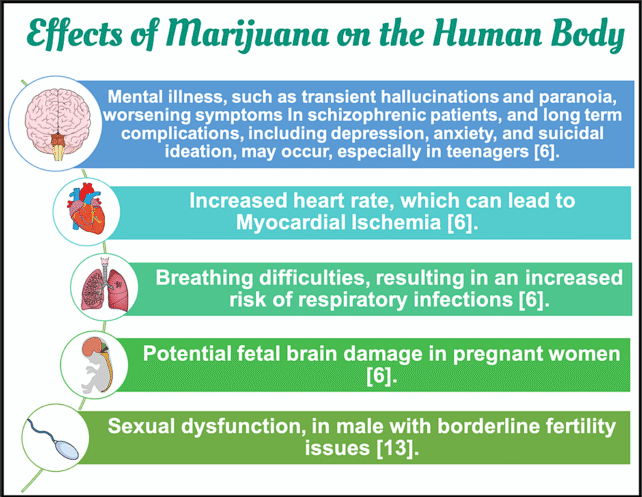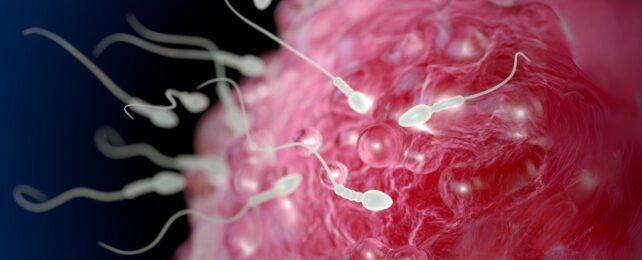A new study cautions high levels of cannabis use could harm chances of falling pregnant through in vitro fertilization (IVF).
Testing 1,059 samples of follicular fluid from around the developing eggs of patients undergoing IVF treatments, University of Toronto embryologist Cyntia Duval and colleagues found 62 that were positive for tetrahydrocannabinol (THC).
Immature egg cells (oocytes) from fluids with higher levels of THC were more likely to have chromosomal abnormalities. These oocytes also tended to mature at faster rates than the matched controls that had no traces of THC in their surrounding follicular fluid.
Related: Does Cannabis Lower Sperm Quality? New Study Reveals a Surprise Result
"The study suggests that consumption of cannabis might affect the outcome of IVF," says pharmacologist Mark Connor from Macquarie University, who was not involved in the study.
"The work did not address the potential effects of cannabis consumption on natural conception."
Duval and her team then tested the eggs from 24 consenting patients. The experiments echoed their previous findings, with unfertilized eggs exposed to THC concentrations above the previous experiment's average featuring nearly 10 percent more chromosome errors and maturing faster.
As the sample size is small, other fertility-impacting factors – such as the patient's age – could not be controlled for, the researchers caution. Today, age is the single largest risk factor for reduced egg quality.
"For women considering or undergoing fertility treatment, this research suggests that cannabis use may compromise reproductive outcomes – not by preventing fertilization, but by reducing the likelihood of producing chromosomally normal embryos," explains obstetrician and gynecologist Alex Polyakov from the University of Melbourne, who was not involved in the study.
"Since embryo euploidy is closely linked to successful implantation and healthy pregnancy, cannabis exposure could prolong the time to conception and increase the risk of IVF failure and miscarriage."
But animal studies have shown THC exposure negatively impacts embryo development, and other studies in humans have found moderate links between regular cannabis use and infertility, prompting a need for further investigation.
While the use of medical and recreational cannabis is providing pain and mental health relief for a growing number of people around the world, it still comes with considerable health concerns, including loss of working memory and an increased risk of heart disease.
Its use during pregnancy is not advised, and without more evidence, abstaining during conception is the safest choice.

Past research has also linked cannabis use to problems with sperm. So researchers support guidance that advises patients to avoid adding cannabis to the list of substances all potential parents should avoid when trying to become pregnant, during pregnancy, and breastfeeding.
"At this time, no amount of marijuana [cannabis] use during conception or pregnancy is known to be well tolerated, and the limited available evidence suggests that the safest choice is to abstain," urge Oregon Health & Science University obstetrician Kimberly Ryan and colleagues in a 2021 study.
The new research was published in Nature Communications.
